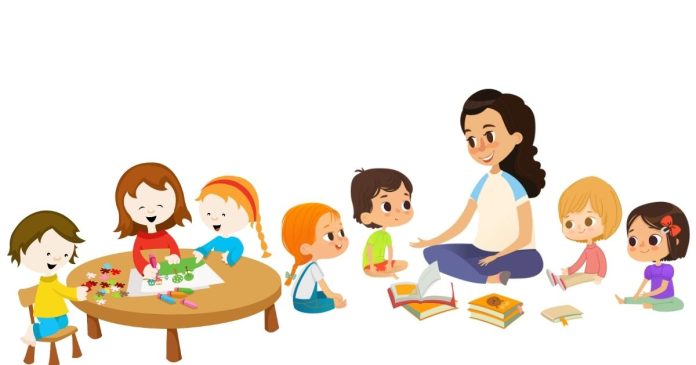Rhyming is a fascinating aspect of language that connects words through similar sounds. When asking whether “gate,” “date,” “snake,” and “hate” rhyme with “plate,” the answer is both simple and nuanced. Let’s break it down.
What Is a Rhyme?
A rhyme occurs when two or more words share the same ending vowel sound and any following consonant sounds. For example:
- “Plate” rhymes with “state” because both share the “-ate” sound.
Do These Words Rhyme with “Plate”?
1. Gate
- Does it rhyme? Yes!
- Why? “Gate” and “plate” both share the same -ate sound, making them perfect rhymes.
2. Date
- Does it rhyme? Yes!
- Why? Similar to “gate,” the word “date” has the same -ate ending sound, making it a perfect rhyme with “plate.”
3. Snake
- Does it rhyme? No.
- Why? The word “snake” ends with -ake, which has a slightly different vowel sound compared to -ate. While the ending is visually similar, the sounds are distinct.
4. Hate
- Does it rhyme? Yes!
- Why? “Hate” and “plate” share the same -ate ending sound, qualifying them as perfect rhymes.
Why Doesn’t “Snake” Rhyme?
Although “snake” and “plate” look similar due to the “a” and “e” in their endings, their pronunciation differs:
- “Snake” has a long “a” sound followed by a “k” sound (/eɪk/).
- “Plate” has a long “a” sound followed by a “t” sound (/eɪt/).
This slight variation makes “snake” a near rhyme rather than a perfect one.
Examples in Poetry
Here’s a poetic example using the words “plate,” “gate,” “date,” and “hate”:
“I left the meal upon the plate,
And hurried fast towards the gate.
With memories sweet of our first date,
And none of the sorrow borne by hate.”
Notice how these words flow naturally due to their rhyming endings.
- Perfect rhymes with “plate”: Gate, date, hate.
- Doesn’t rhyme with “plate”: Snake.
Understanding rhyme involves both visual and auditory recognition of sounds, making it an essential tool for poets, songwriters, and word enthusiasts alike.


